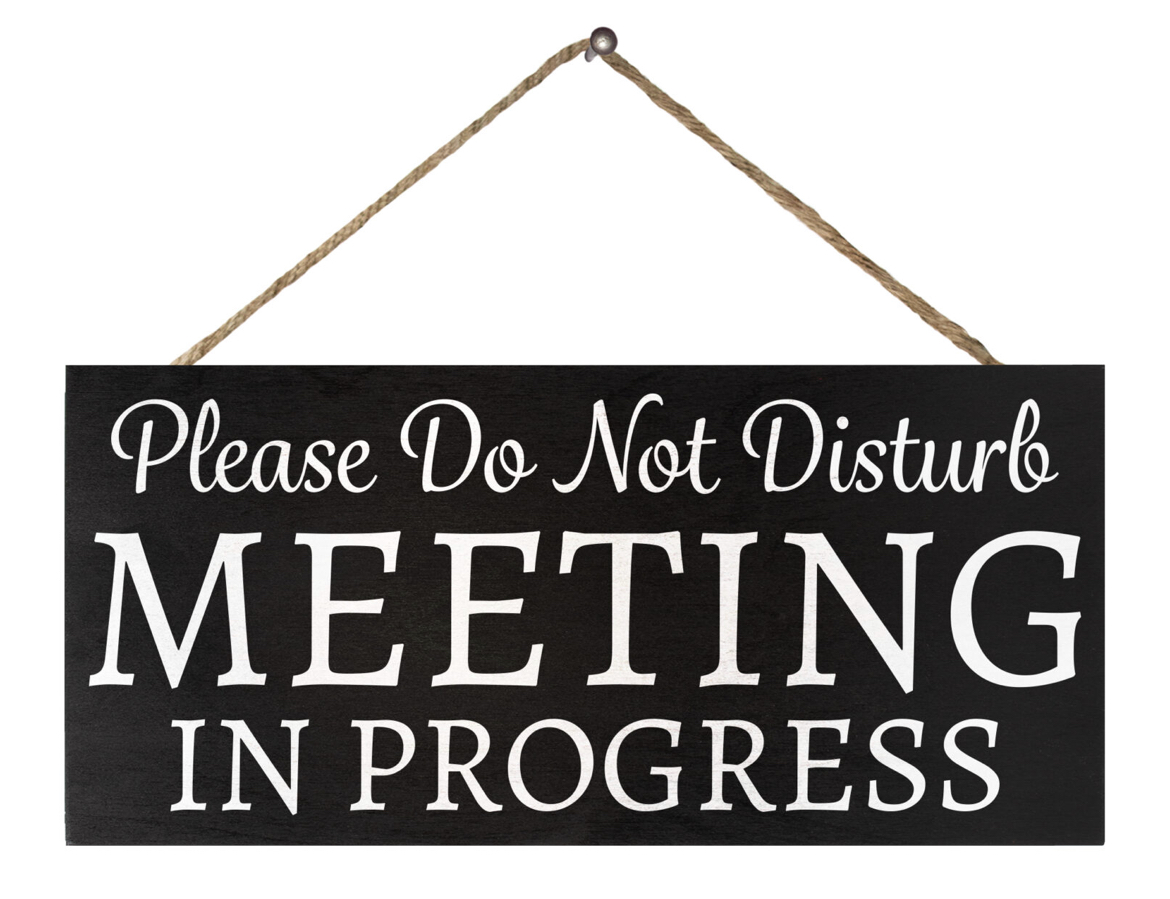
LEO Weekly and Kentucky Public Media recently reported on Louisvillians’ frustrations and disappointment in the Greenberg administration’s decision to continue the practice of closed door collective bargaining negotiations with the Louisville Fraternal Order of Police.
On February 28, LEO’s Josh Wood reported:
“A list of ‘ground rules’ for the contract talks, signed by chief negotiators for Louisville Metro Government and the River City Fraternal Order of Police Lodge 614 over the weekend, declared that ‘all negotiation sessions shall be closed to the press and public’ and that ‘there shall be no discussion of the proposals negotiated between the parties with any member of the media, unless an impasse is reached.’
“The list of ground rules is nearly identical to the one used the last time the city negotiated with the police union in 2021, even though activists and community members have repeatedly pushed for public access to the negotiations. The signing of the ground rules also comes after Louisville Mayor Craig Greenberg entered office with a message championing greater transparency in city government.”
https://www.leoweekly.com/2023/02/louisville-police-contract-negotiatio…;
Kentucky Public Media’s Roberto Roldan reported:
“[Greenberg Chief of Staff David] Kaplan said it's the administration's first time at the bargaining table with the police union and expressed concerns about open negotiations.
“‘It could extend the process,’ he said. ‘It could engender strong resistance from the [police union], which I think is something that we would have to anticipate, the impact of kicking off the negotiations with a dispute.’”
https://www.lpm.org/news/2023-02-28/louisvilles-negotiations-with-polic…
Across the United States, open meetings laws take differing approaches to the legality of closed collective bargaining negotiations. A minority require open collective bargaining negotiations. Some limit authorization for closed sessions to strategy discussion but not negotiations; some condition authorization for closed sessions on the likelihood of adverse consequences from open discussion; a few do not recognize collective bargaining; and a substantial number are silent on authorization for closed session collective bargaining negotiations.
https://www.rcfp.org/open-government-sections/k-negotiations-and-collec…;
Roughly 21 states expressly authorize closed collective bargaining negotiations. In spite of analyses suggesting this may not be best public agency practice, Kentucky is one of those states.
https://better-cities.org/clean-open-fair-government/collective-bargain…
The Kentucky Open Meetings Act permits “[c]ollective bargaining negotiations between public employers and their employees or their representatives” to be conducted in closed session at KRS 61.810(1)(e). The legality of closed sessions under this provision has not, to our knowledge, been litigated in Kentucky’s courts.
https://apps.legislature.ky.gov/law/statutes/statute.aspx?id=52570
To the same extent that the exceptions to the open records law are not mandatory and can be waived, the exceptions to the open meetings law can be waived.
Kentucky’s Supreme Court has thus observed:
“[W]e are convinced that the General Assembly did not intend to mandate an iron rule of non-disclosure whenever an exemption applies.”
Lawson v Office of the Attorney General (2013) https://caselaw.findlaw.com/ky-supreme-court/1653243.html
Clearly, Louisville Metro COULD conduct open collective bargaining negotiations IF the Fraternal Order of Police agreed.
This, clearly, is a major impediment.
And, clearly, there are disturbing reasons why it is a major impediment.
Secrecy enabled the FOP to demand, and Louisville Metro to accede to the demand, that complaints against officers be classified as informal and formal and to assign a two year retention to informal complaints in direct contravention of legally enforceable state regulations requiring five year retention for all complaints.
https://kdla.ky.gov/records/RetentionSchedules/Documents/Local%20Record…
https://www.facebook.com/419650175248377/posts/978401242706598/?d=n&mib…
https://m.facebook.com/story.php?story_fbid=482616180698006&id=10006848…;
This contract term, among other things, precipitated a lawsuit by the 490 Project and a Metro Council demand for an audit of Metro Government’s records keeping practices.
https://www.courier-journal.com/story/news/local/2022/10/06/louisville-…
https://www.courier-journal.com/story/news/2023/01/09/louisville-metro-…
(How is that audit going, by the way?!?)
The resulting contract raised a public outcry but apparently no modification in practice.
Perhaps collective bargaining negotiations in open session would have prevented this illegal contract term and avoided a lawsuit and an audit.
Or perhaps not.


